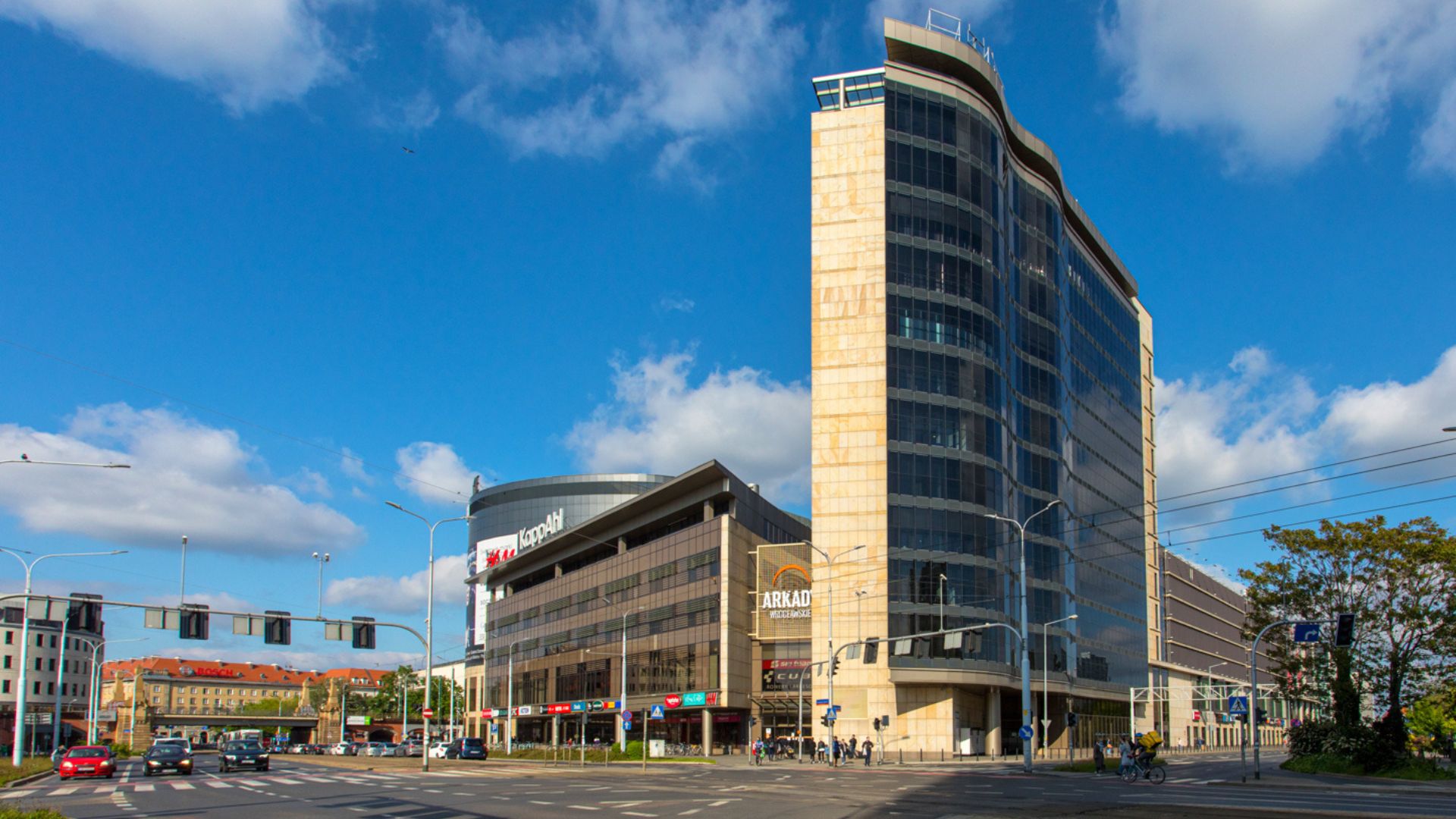The Bucharest economy stands as one of the most insulated service centers in Europe to the negative fallout related to the COVID-19 outbreak, according to Colliers International consultants, who analysed scenarios for various segments of the real estate market. This is largely due to Bucharest’s heavy reliance on IT&C activities as well as scientific and professional services, on par with European capitals like Dublin, Paris and London. That said, Romania’s high integration in global value chains means that it will face significant headwinds given negative developments in the global economy.
“Even though it seems like the Bucharest office market may seem fundamentally a bit more insulated to the issues plaguing the global economy, this does not mean that we may not see office market vacancy edging higher or rents come under pressure. Still, the numbers suggest that should a negative scenario come to pass, at least Bucharest may end up suffering much less than other office markets or recover quicker”, says Silviu Pop, Head of Research at Colliers International. Also, while not necessarily relevant for the office market, rather just for the local economy, Bucharest is also heavily reliant on public administration.
On the other hand, Romania’s status of a fairly small and quite open economy means that real estate markets will not remain immune to global trends. Given that manufacturing has been quite significantly impaired by the Chinese factory shutdown in recent weeks and also taking into account Romania’s heavy reliance on the automotive sector, it means that the impact for the warehouse market should be more significant, but a lot depends on how long this situation will extend.
“China is a major supplier of parts which are then used in a variety of domestic subsectors, including manufacturing. Just last year, Romania imported printed circuits worth 226 million euro from China, half of the country’s total. Consequently, a big part of the manufacturing sector will feel the pinch for after what was a lackluster 2019. And this is just one channel of contagion for the Romanian economy, as lower demand from other partners in France and Germany will also impact domestic companies”, adds Silviu Pop.
While the full impact of COVID-19 regarding the broader economy and the real estate market is highly uncertain, a certainty is that retail and leisure sectors are among the most impacted over the short-term, as per Colliers’ analysis. Globally, a best-case scenario would see neutral economic growth over the year following a negative dip in Q2/Q3, with real estate shocks limited primarily to hotels/hospitality, discretionary/experience-led retail assets and logistics/production dependent on non-essential goods, or the China supply-chain.
A mid-case scenario will not see a recovery until Q1 2021, with broader impacts felt in office markets dependent on the most exposed firms (e.g. airlines, tour/events operators, banks/insurance/investors and energy companies). Capital markets will see a hiatus in activity, but long-term core players continue to make moves in safe-haven markets, especially around more defensive retail, industrial and logistics, office and residential assets. Depending on whether it will be a best or mid-case scenario, value-add and opportunistic players will take a ‘wait and see’ approach until pricing and availability/cost of capital becomes clearer. For cross-border investors, Q2/3 FX rate volatility and inability to physically visit/check assets will lead to a push-back on activity.
Colliers International consultants provide relevant advice and best practices related to occupier services in these exceptional times on the company’s website section dedicated to COVID-19, expected to be updated constantly during the outbreak to remain relevant. Colliers consultants aim to ackles several aspects, from employee support to real estate strategies to business continuity, in order to sustain the business environment and overall society to adapt more easily to the current context.
Colliers International’s report includes information based primarily on company data, which may be helpful in anticipating trends in the property sector. However, there is no warranty as to the accuracy of, and no liability for negligence can be applied in relation to the forecasts, figures or conclusions contained in this report and they must not be relied on for investment or any other purposes. The outbreak of thel Coronavirus (COVID-19), declared by the World Health Organisation as a “Global Pandemic” on the 11th March 2020, has impacted market activity in many sectors, creating an unprecedented set of circumstances on which to base a judgement. Colliers International’s report does not constitute and must not be treated as investment or valuation advice or an offer to buy or sell property. Given the unknown future impact that COVID-19 might have on real estate market supply, demand and pricing variables, any research and analysis is far more prone to market uncertainty, despite endeavours to maintain robust and objective reporting.







